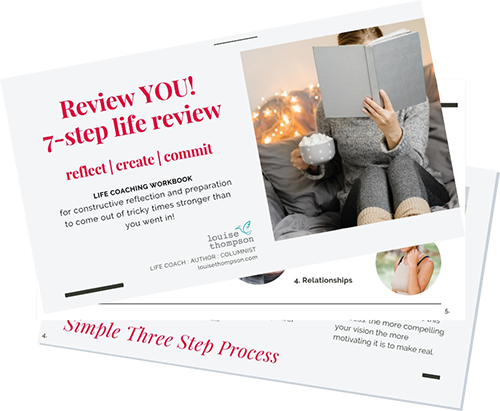
Magic Words for Grown-Ups
Want to transform your work or home life with just four little words? Well, it’s easy…just Say What You Mean. Be aware of what you

Want to transform your work or home life with just four little words? Well, it’s easy…just Say What You Mean. Be aware of what you

There is a common complaint that I notice with many of my coaching clients, especially those who are tired (or suffering from Adrenal Fatigue / Chronic
There is a common complaint that I notice with many of my coaching clients, especially those who are tired or working through Life/Work Balance issues.
© 2009 - 2023 Positive Balance Coaching Ltd. All rights reserved.
PRIVACY POLICY | TERMS
Grab your printable
workbook
worth $27… for free!

This 23-page
printable
LIFE COACHING
WORKBOOK
is for constructive,
guided reflection
so you come out of
tricky times stronger
than you went in!
My gift to you.

This website uses cookies so that we can provide you with the best user experience possible. Cookie information is stored in your browser and performs functions such as recognising you when you return to our website and helping our team to understand which sections of the website you find most interesting and useful.
Strictly Necessary Cookie should be enabled at all times so that we can save your preferences for cookie settings.
If you disable this cookie, we will not be able to save your preferences. This means that every time you visit this website you will need to enable or disable cookies again.